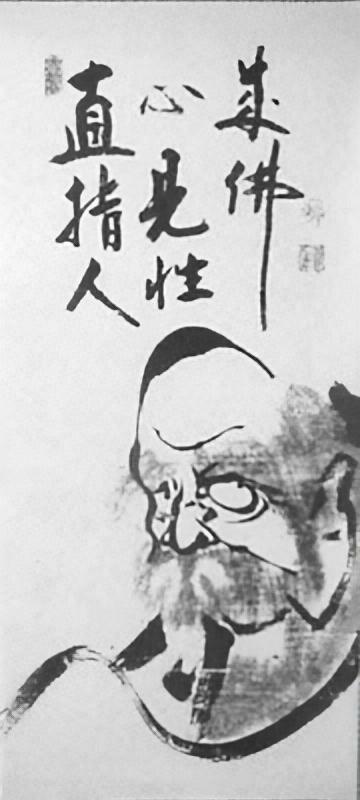"The Myth of Sisyphus" number 98 of 200 from Robert Aitken's book Miniatures of a Zen Master.
In Greek mythology, Sisyphus was a condemned to pushing a heavy rock up a hill only to have it roll back down before he could reach the top. Endlessly he was forced to begin again and again.
Unlike many, the author Albert Camus, in his 1942 essay The Myth of Sisyphus, saw through this absurdity and postulated that "one must imagine Sisyphus happy" as "The struggle itself
towards the heights is enough to fill a man's heart."
Here is a link to the crux in chapter four of Camus's The Myth of Sisyphus.
Indeed, the idea of a "Sisyphean task" being a punishment is something concocted by the ego. The ego see no reward in repetitive simple tasks. When the whole being exerts itself on no grand accomplishment or the as we say in Zen the accomplishment of nothing, then happiness ensues.
Metaphysically, if something exists, nothing else can exist in its place. In order for happiness to come into existence, first nothing must exist. There must be a space for the arising of happiness. Seeing this space of nothing is to be the master of our days. Set about our absurdly human and utterly simple tasks, over and over, always beginning, never ending.
In Greek mythology, Sisyphus was a condemned to pushing a heavy rock up a hill only to have it roll back down before he could reach the top. Endlessly he was forced to begin again and again.
Unlike many, the author Albert Camus, in his 1942 essay The Myth of Sisyphus, saw through this absurdity and postulated that "one must imagine Sisyphus happy" as "The struggle itself
towards the heights is enough to fill a man's heart."
Here is a link to the crux in chapter four of Camus's The Myth of Sisyphus.
Indeed, the idea of a "Sisyphean task" being a punishment is something concocted by the ego. The ego see no reward in repetitive simple tasks. When the whole being exerts itself on no grand accomplishment or the as we say in Zen the accomplishment of nothing, then happiness ensues.
Metaphysically, if something exists, nothing else can exist in its place. In order for happiness to come into existence, first nothing must exist. There must be a space for the arising of happiness. Seeing this space of nothing is to be the master of our days. Set about our absurdly human and utterly simple tasks, over and over, always beginning, never ending.
Any error or confusion created by my commentary on
Miniatures of a Zen Master
is solely a reflection of my own delusion and ignorance.
Any merit generated by this activity is solely the result of
Aitken Roshi's clear teaching and is dedicated to
all Buddhas and Bodhisattvas throughout space and time.
Miniatures of a Zen Master
is solely a reflection of my own delusion and ignorance.
Any merit generated by this activity is solely the result of
Aitken Roshi's clear teaching and is dedicated to
all Buddhas and Bodhisattvas throughout space and time.


